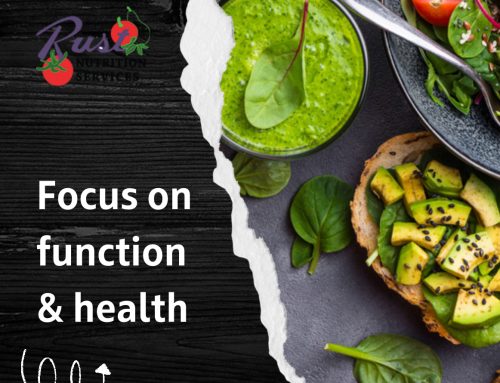November is American Diabetes Month. I often preach “all foods in moderation”. This can be a very subjective command, as many folks have a difficult time defining what exactly ‘moderation’ means. If you have diabetes, you should understand that portion control is the secret to diabetes control (or keeping blood sugar levels consistent and within normal range).
A little bit of prevention
There are several risk factors for diabetes, many of which are controllable:
- Eating habits
- Physical activity – the more sedentary, the higher the risk
- Weight – being overweight increases risk
- Smoking – may not increase diabetes risk, but increases heart complications in people with diabetes
- High blood cholesterol
Other risk factors include:
- History of gestational diabetes (diabetes during a pregnancy)
- Age (over 45), race (Non-Hispanic Blacks, Latino Americans, Asian Americans, Pacific Islanders, Native Alaskans, and American Indians) and gender (women)
- High blood pressure
- Impaired glucose tolerance
Over the years, the American Diabetes Association has promoted ways to control diet in order to live healthfully with diabetes. Some of those past strategies included a food “exchange” system, in which a particular portion of a food within a food group provides a standard amount of carbohydrate, protein and/or fat. Using this portion guide could help people with diabetes deliver the proper nutrition and calorie level to their bodies each day.
More recently, “carbohydrate counting” has been the strategy, focusing on counting food portions of 15 grams of carbohydrate per meal or snack.
Another risk group includes women with PCOS (polycystic ovary disease). Eating a low glycemic diet can help control symptoms. In our book, The Glycemic Index Cookbook For Dummies®, we offer a variety of delicious foods and menus that can help stabilize blood sugar, keeping you full, controlling weight, and perhaps helping you prevent diabetes.
Skip the Myths
As with most health topics, myths abound so get the facts. Eating too much sugar (a common myth) does not cause diabetes. All calories impact blood glucose (or blood sugar). Carbohydrates are of particular focus because they transform to glucose more readily. Sugars cause a much more rapid increase in blood sugar as opposed to more complex carbohydrates (whole grain breads, oatmeal, or vegetables for instance). It’s best to eat meals balanced with small amounts of carbs and some lean protein. Since diabetes and heart disease risk go hand in hand, it’s also important to limit saturated fats, limit sodium, and include healthy fiber in the diet (fiber slows how rapidly the stomach empties, keeping blood sugar steady, and fiber can also lower cholesterol).
Talk to your doctor about meeting with a Certified Diabetes Educator to customize an eating plan, and do your best to prevent or manage diabetes over the holiday season, and all year.
Do you have any special tips to share with readers?




